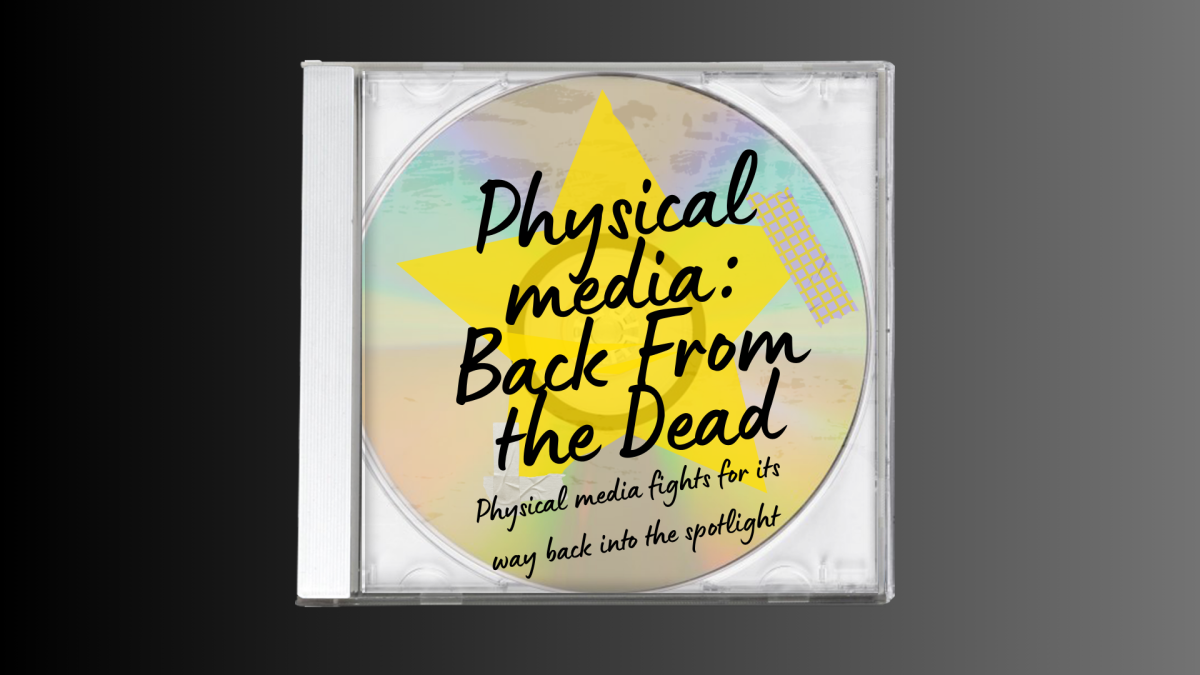In short: it’s a lot.
As my senior year comes to a close, I thought I would take a minute to reflect on an influential part of this year for me — applying to colleges. In part, this is a way for me to rant about the inequities, inefficiencies, and frustrations that emerge when seeking out secondary education, but it is also a way for me to share what I learned in the hopes that it will make someone’s senior year a little less stressful.
I’ve tried to condense this information into tips and advice, but ultimately this subject is too complex to fully do justice within the span of one article. As such, I’m simply focusing on the most important pieces of the experience for me.
Tips
#1: Start your Common Application early
Common App — or the Common Application — is a program that allows prospective students to write a personal statement essay, activities list, personal and financial information in one place. The website allows students to build a profile with all their relevant college information, and then allows them to submit this information to all of their desired schools. This is a great time saver as students don’t have to build individual applications for all of their schools. Not all colleges will utilize Common App, but most do.
If you decide to use Common App, start working on your personal statement in the spring before you intend to apply. The prompts don’t change year to year — or if they do, it’s minimal shifting — so working on this essay now will save you time when you’re inevitably writing tons of school-specific essays.
#2: Organize and prioritize
If you’re planning on applying to multiple schools, it’s a good idea to create a timeline of when their applications are due and what essays are required for each school. This doesn’t need to be formal, I sorted my schools in a bullet point list — the earliest applications were at the top, the latest at the bottom, and schools with the same date were listed in order of priority. Additionally, figure out how many essays are needed for each school so that you can work on them in order and maybe reuse them later on. This includes school-specific scholarships and honors college materials.
#3: Use school resources
I was a member of the Rogers Honors Academy (RHA), and through this program I was able to get some of my application fees and ACT costs paid for. If you are part of this program, you need to take advantage of this as well. Figure out what your most expensive applications are, and have RHA pay for those. If you need/want to retake the ACT, go to them for that as well.
For those not in RHA, watch schools to see if they have ‘application sales.’ I know out of my schools, the University of Arkansas had a week where the fee to submit was significantly reduced.
Additionally, make a list of all the AP classes you have passed so that you can start seeing if they will transfer for credit at any of your potential schools. Even if you don’t end up attending a university where these exams transfer, you may still be able to get elective credit or other benefits.
#4: It’s not designed for you
When you inevitably find yourself burnt out, tired, uncertain about essays, or you get overwhelmed by the workload, emotions, and probability of it all, know it’s not your fault.
Admission decisions make very little sense. I know plenty of qualified candidates who didn’t get into universities they were good matches for, and lots of great, involved students who didn’t get into their top picks — I didn’t get into my top choices either.
Realistically, no matter what you do, there’s no way to anticipate what schools are looking for and what makes the difference between acceptance and being rejected. This isn’t a reflection of you, but rather a reflection of school’s often unattainable standards and the simple reality that students are not designed to win in the college process: it’s about profit, not education.
#5: Lots of good schools
As a follow-up to my last point, there’s no such thing as the perfect collegiate fit. Realistically, you will do well at any school you decide to attend, and there are multiple schools that will give you the campus feel and academic programs that you’re looking for. Don’t feel like your education is an all or nothing, if you get rejected from a big school, use that frustration to fuel yourself somewhere else.
Frustrations
#1: The essay prompts are usually terrible
Don’t feel bad if you aren’t sure what to write — the essay prompts are weird and either vague or overly-involved. I genuinely hate most of the essays I wrote, and don’t think they were representative of my ability to write. If you feel like your essays are stilted or not representative of you, you’re not the only one.
#2: Disappointment
At some point you’ll probably think: this sucks, and you are correct. It’s okay to get upset, it’s probably a good thing if you are. Let yourself feel it.
#3: What was the point?
As you near the end of your application cycle, you’ll start wondering: Why did I do all of this? Was it worth it? And the answer is yes and no. It was worth it because hopefully you got into a school you’re excited to attend. It was not worth it because you spent hours and lots of energy for what feels like minimal gains.
In the end, no matter how your admissions process goes, it will be frustrating that years of work and education were distilled to and judged based on numbers, short essays, and impersonal statistical information. It’s exhausting; give yourself a break.
A final note
In the end, I did not get into my top picks or dream schools. However, I am still attending a good school that offers a strong program for my intended degree and I am excited. There are a lot of opportunities for me to look forward to. In hindsight, I can be proud of the work I put into applying for colleges, but I have no desire to do so again.
2/10 would not be proud but drained again







